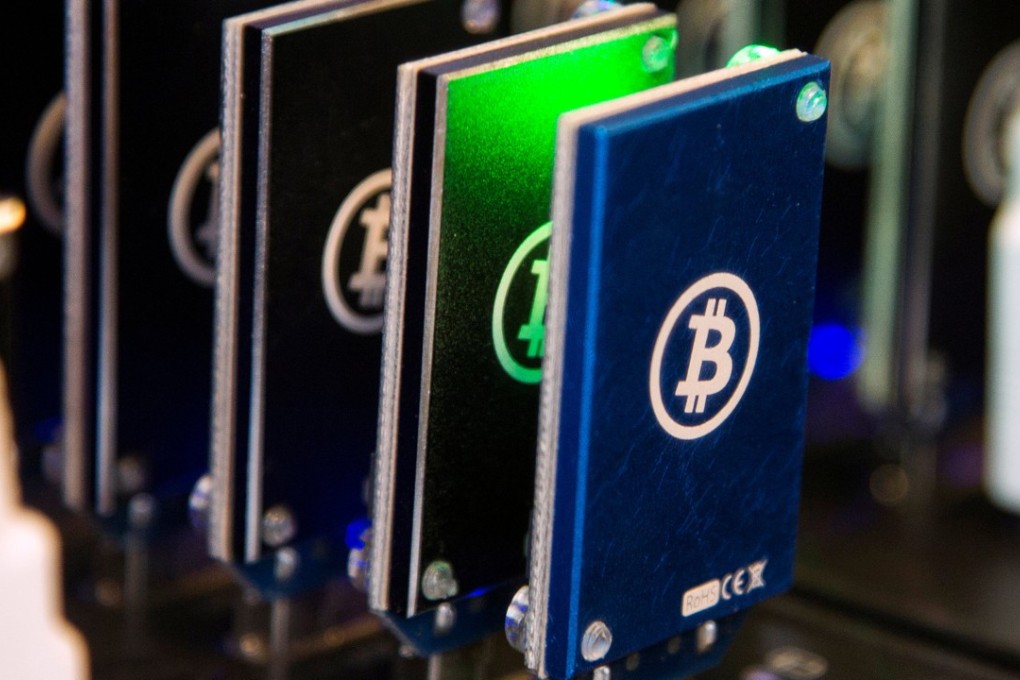The bitcoin party is over. The blockchain party has only just begun
As South Korea cracks down on bitcoin, countries including Singapore and Malaysia are backing the technology behind it to drive technological change in areas as far afield as electoral rolls and health care records

CONFIDENCE IN cryptocurrency markets may have taken a major hit in recent weeks, but the same cannot be said of the value of the technology it relies on – the blockchain.
Bitcoin’s price plunged this week to less than US$11,000, from almost US$20,000 in mid-December, after South Korea announced that all anonymous accounts, foreigners without local banking services and minors would be banned from trading on exchanges from January 30.
But, particularly in Southeast Asia, much confidence remains that the blockchain technology underlying bitcoin can be adapted to drive development in everything from bank remittances to electoral rolls and health care records.
Essentially, a blockchain is a digital ledger – a continuously growing list of records, called blocks, that are designed to be resistant to modification. Blockchains enable information to be shared in peer-to-peer networks, and because the data in any given block cannot be altered without altering all subsequent blocks, they are secure against fraud.
It’s this quality that has raised hopes it can be adapted for a wide range of uses beyond the financial sector.